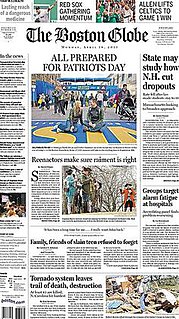
John Bernard Hynes, was the Mayor of Boston from 1950 to 1960.
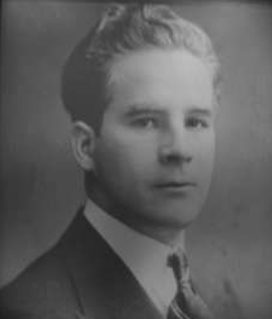
John E. Kerrigan was the acting Mayor of Boston in 1945 after then-Mayor Maurice J. Tobin became Governor of Massachusetts.

The Boston mayoral election of 1971 occurred on Tuesday, November 2, 1971, between Mayor Kevin White and United States Representative Louise Day Hicks. This was the second election in a row between White and Hicks. White once again defeated Hicks and was elected to a second term.

The Boston mayoral election of 1967 occurred on Tuesday, November 7, 1967, between Secretary of the Commonwealth Kevin White and Boston School Committee member Louise Day Hicks. White was elected to his first term, and inaugurated on Monday, January 1, 1968.
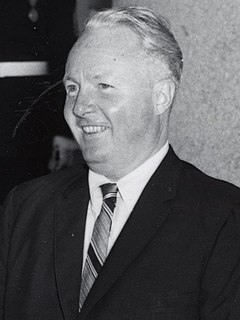
The Boston mayoral election of 1963 occurred on Tuesday, November 5, 1963, between Mayor of Boston John F. Collins and Boston City Council member Gabriel Piemonte. Collins was elected to his second term.

The Boston mayoral election of 1955 occurred on Tuesday, November 8, 1955, between Mayor John B. Hynes and State Senator John E. Powers. Hynes was elected to his third term.

The Boston mayoral election of 1951 occurred on Tuesday, November 6, 1951, between Mayor of Boston John B. Hynes and former Mayor James Michael Curley. Hynes was elected to his second term.

The Boston mayoral election of 1949 occurred on Tuesday, November 8, 1949, between incumbent Mayor of Boston James Michael Curley, city clerk and former acting mayor John B. Hynes, and three other candidates. Hynes was elected to his first term.

The Boston mayoral election of 1945 occurred on Tuesday, November 6, 1945. Former Mayor of Boston James Michael Curley defeated acting mayor John E. Kerrigan and four other candidates.
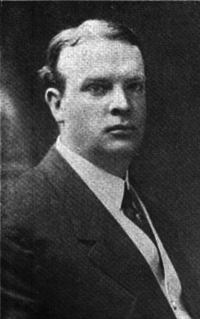
The Boston mayoral election of 1933 occurred on Tuesday, November 7, 1933. Former state treasurer Frederick Mansfield defeated five other candidates to be elected Mayor of Boston.

The Boston mayoral election of 1925 occurred on Tuesday, November 3, 1925. Malcolm Nichols, a former member of the Massachusetts House of Representatives and Massachusetts Senate, defeated nine other candidates to be elected mayor.

The Boston mayoral election of 1921 occurred on Tuesday, December 13, 1921. James Michael Curley, who had previously served as Mayor of Boston (1914–1918), was elected for the second time, defeating three other candidates.

The Boston mayoral election of 1917 occurred on Tuesday, December 18, 1917. Andrew James Peters, Assistant Secretary of the Treasury, defeated incumbent Mayor of Boston James Michael Curley and two other candidates.
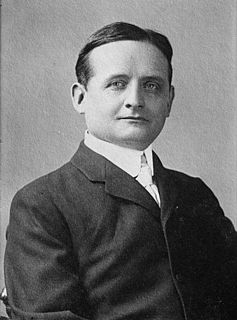
The Boston mayoral election of 1914 occurred on Tuesday, January 13, 1914. James Michael Curley, member of the United States House of Representatives, was elected Mayor of Boston for the first time, defeating Thomas J. Kenny, president of the Boston City Council.

The Boston mayoral election of 1910 occurred on Tuesday, January 11, 1910. John F. Fitzgerald, who had been Mayor of Boston from 1906 to 1908, defeated incumbent George A. Hibbard and two other candidates.

The Boston mayoral election of 1907 occurred on Tuesday, December 10, 1907. Republican candidate George A. Hibbard defeated Democratic candidate John F. Fitzgerald, the incumbent Mayor of Boston, and John A. Coulthurst, an Independence League candidate. Primary elections for each party had been held on Thursday, November 14, 1907.

The Boston mayoral election of 1905 occurred on Tuesday, December 12, 1905. Democratic candidate John F. Fitzgerald defeated Republican candidate Louis A. Frothingham, and four other contenders, to win his first term as Mayor of Boston. Primary elections had been held on Thursday, November 16, 1905.

The Boston mayoral election of 1903 occurred on Tuesday, December 15, 1903. Democratic candidate and incumbent Mayor of Boston Patrick Collins defeated Republican candidate George N. Swallow, and two other contenders, to win a second term.
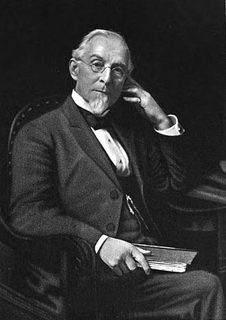
The Boston mayoral election of 1899 occurred on Tuesday, December 12, 1899. Republican candidate and former Mayor of Boston Thomas N. Hart defeated Democratic candidate Patrick Collins, and two other contenders, to become mayor for the second time. Incumbent mayor Josiah Quincy had announced in July 1899 that he would not seek re-election.


















